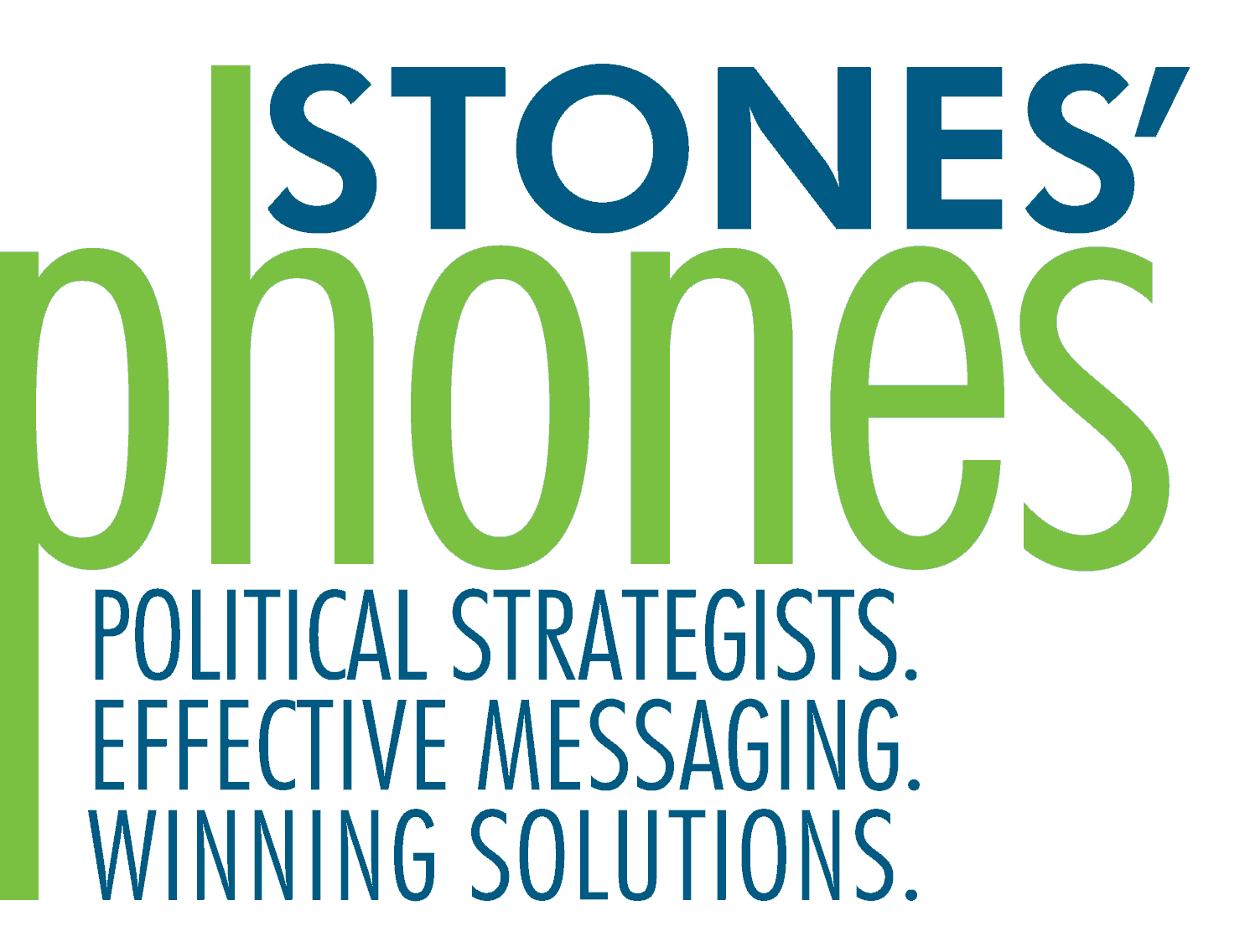top of page
Our Clients
Below are some of our great clients, which include a range of political campaigns, unions, advocacy groups, and progressive organizations
Candidate Campaigns
Education & Unions
State Parties & Party Committees
Organizations & Advocacy Groups
Consulting & Strategy Offices
Washington, DC
202-393-4626
Columbus, OH
202-368-0065
Operations Office
Rancho Mirage, CA 92270
760-773-9019
Connect
bottom of page
























